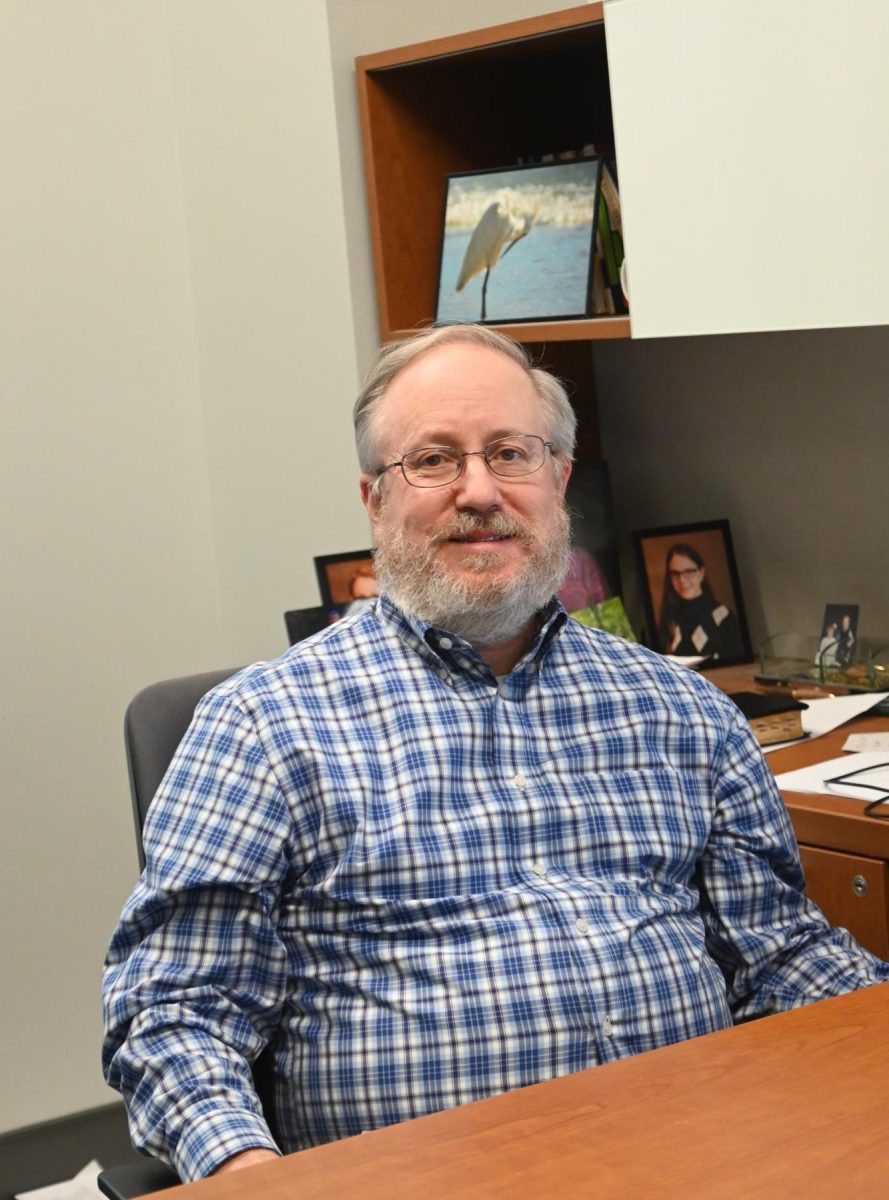On Nov. 8, evangelicals across the country will be faced with a difficult decision that will determine the course of America’s future.
Though a few seniors may have voted in the 2012 election, this is, for most BJU students, the first presidential election in which they’ll have the opportunity to cast votes.
Dr. Gary Weier, provost and executive vice president for academic affairs and professor in the Division of Communication, recognizes the conflicts this particular election has raised. Weier said he hopes students will rise to the occasion and get involved during this election season.
This vision sparked the idea to establish a platform for discussing the role of evangelicals in 2016 and beyond. The result? A three-part series, organized to address political issues: “Balancing Piety and Pragmatism: Evangelicals and Politics.”
Each forum will meet in Stratton Hall at 7 p.m. The first forum will take place Tuesday and will reflect on past examples of evangelicals who were actively involved in politics.
The second, scheduled for Thursday, Oct. 13, will address present-day issues—a timely discussion in light of the upcoming November election.
The final forum on Tuesday, Nov. 15, will guide evangelicals in reevaluating their role in society beyond 2016. This discussion will be especially helpful, since it follows this one-of-a-kind presidential election.
The unique aspects of this year’s election concerning the evangelical vote prompted Weier—along with social science faculty, Carl and Linda Abrams—to organize these three forums.
“It’s been assumed for decades that we’d vote for the Republican candidate,” Weier said. He also said that this election, however, has left evangelicals questioning the true values of the Republican Party.
As a Christian higher education institution, BJU is viewed by the community as a source of knowledge and instruction—especially in political matters such as these. Weier believes it’s the University’s responsibility to teach and equip thought leaders who are knowledgeable about the topics of today.
To assist in this academic process, Weier has invited several other qualified thought leaders from around the country to participate in the series. Panelists will include a Yale law school graduate, professors from Furman, Clemson, Cedarville and Wheaton along with BJU’s own faculty members.
Randy Page, director of public relations for BJU, said, “It’s an opportunity for students to hear from leading experts across the country on the role evangelicals play in politics.”
This role, however, is becoming increasingly difficult to define. Linda Abrams, an associate professor in the Division of Social Science, said the evangelical vote is more divided than ever.
“It’s being splintered,” she said.
In fact, the data from evangelical votes during the 1980s contrasts sharply with the trends of evangelicals now.
Abrams believes this discrepancy is linked to the increase in travel, which often takes the form of mission trips or study abroad programs.
“What we’re beginning to see is that younger evangelicals who have traveled a lot more are far more world-oriented, and therefore they slip over to the Democratic column,” she said.
Because younger evangelicals have seen more of the world, they’ve embraced a negotiation mindset; they’re more interested in making peace or talking things through than in resorting to violence and war. Abrams said the Democratic response to ISIS most exemplifies this mindset.
Abrams said the logistics for the forums will be mostly handled by the new student-led Public Policy Organization. Abrams said she is thrilled to work alongside the students for the series.
“The Lord has super-intended over this event,” Abrams said.





















































